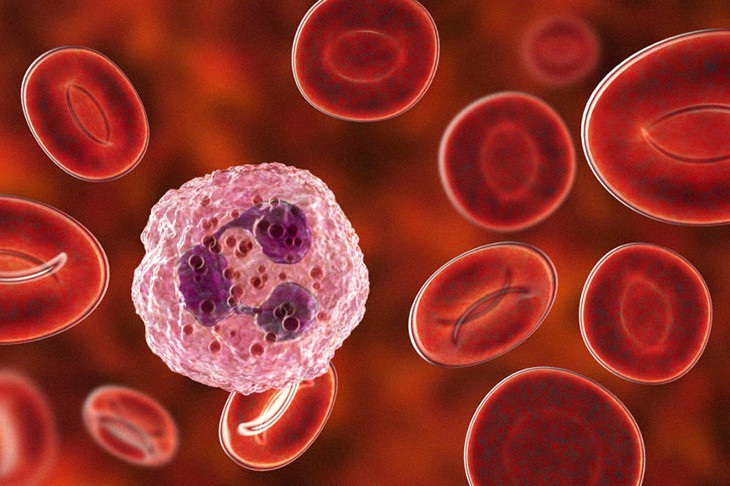
Source: https://2k9bc93shxit2dn8sp21nwtz-wpengine.netdna-ssl.com/
Leukemia, which is simply known as cancer of the blood, is defined by WebMD.com as ‘blood cancer caused by a rise in the number of white blood cells in your body.’ When someone gets leukemia, it causes these white blood cells to mutate and become cancerous. Most of these cells are produced in the bone marrow, but others are also made in other organs in the body like the lymph nodes, thymus gland, and spleen.
There are three different types of blood cells that each have their own specific purpose. Red blood cells carry oxygen, platelets make the blood clot, and white blood cells fight infection. When someone has leukemia, the white blood cells are compromised, making more of them than the body actually needs, as well as causing them to lose their ability to fight infections. Eventually the entire body is affected and it can no longer function as it should, affecting different parts of the body in different ways as well.
Leukemia has four main types, acute lymphocytic leukemia (ALL), acute myelogenous leukemia (AML), chronic lymphocytic leukemia (CLL), and chronic myelogenous leukemia (CML). This also means that symptoms and common signs can differ from one person to another, with ALL being the most common type, especially amongst children. Unfortunately, leukemia is also considered one of the most prevalent of all cancers, along with breast, non-Hodgkin’s lymphoma, and lung cancer.
Although leukemia requires further tests to get the proper diagnosis, because there are a few different types, its manifestations can also vary from person to person.
Here are 16 symptoms and common signs of leukemia.
1. Extreme Fatigue
Fatigue is a normal, everyday feeling that people of all ages can attest to, which is why it is often dismissed as a common symptom of leukemia. But more often than not, people that have leukemia are incredibly tired due to their blood not functioning properly. Because there are too many white blood cells, the lack of red blood cells that normally distribute oxygen throughout the body are not functioning as they should, or are lacking in number. This type of extreme fatigue not only affects a person’s day-to-day activities, but it’s the type of tiredness that doesn’t go away after a long and what should be a restful night of sleep.

